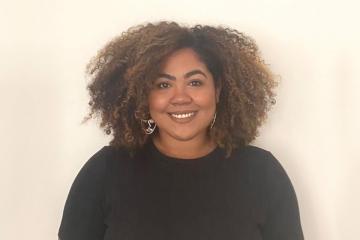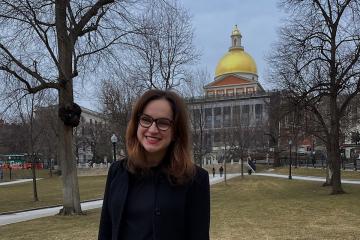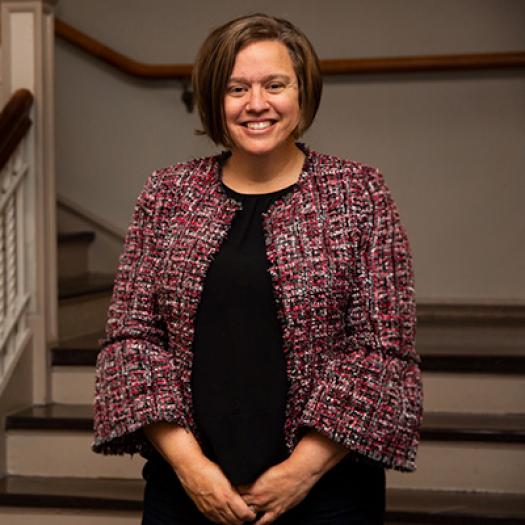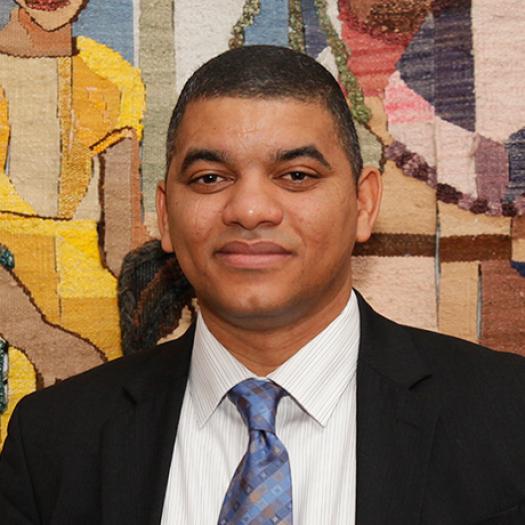Public Policy
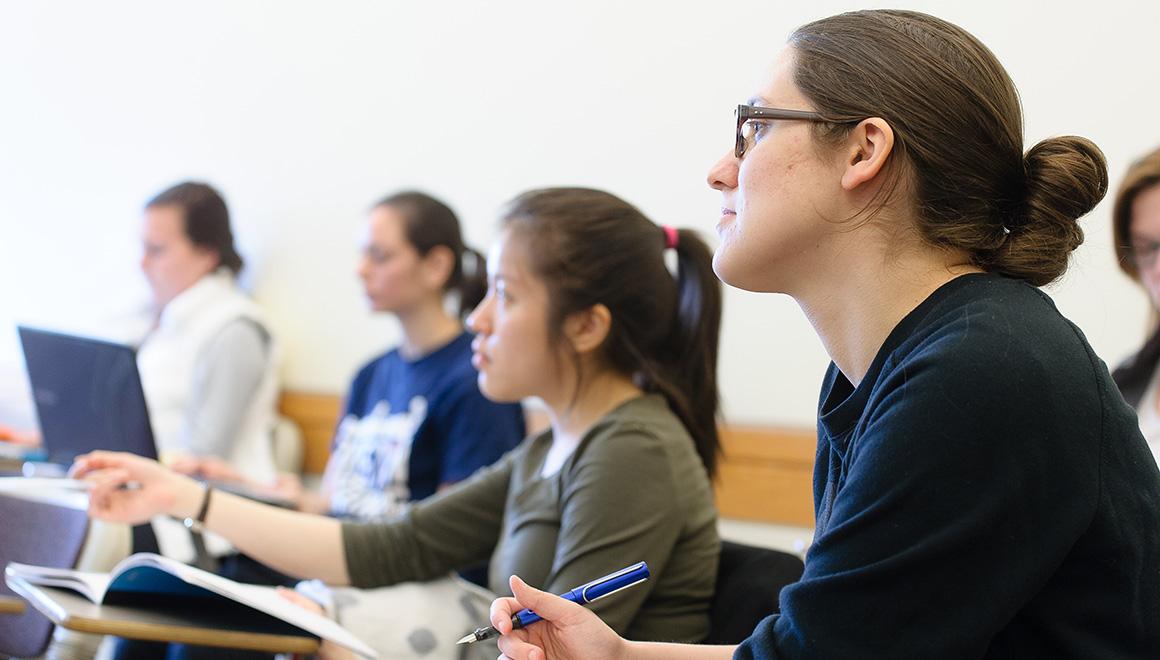
Shape policy and solve real-world problems
Simmons University's Master in Public Policy (MPP) provides an interdisciplinary lens for understanding complex societal issues and exploring potential solutions. This graduate degree will teach you how to bring about positive change from policy development through implementation.
Simmons’ innovative curriculum and the unique politics and diversity of Boston ground our program. The city offers you access to meaningful internship placements, future employment, and networking opportunities.
What Will You Study as an MPP Student?
An MPP degree will enable you to build fundamental knowledge in policy areas, such as economic policy, social sciences, and social policy. Through interdisciplinary electives, you’ll follow your passions and develop expertise in areas of importance to you. Topics may include race and culture, feminist international relations, epidemiology, economic development, project management, and the food supply.
Our dynamic curriculum draws on economics, quantitative methods, political science, and sociology. You'll build an integrated, well-rounded foundation for deep public policy analysis. You’ll sharpen your expertise through independent study and a capstone research paper. You'll use tools like policy briefs, research papers, and theses to demonstrate your mastery.
You’ll also complete both an internship and a capstone project, where you’ll put your classroom learning into action. These skills-based experiences prepare you for a policy-oriented career.
"Being right in the city means that opportunities are around every corner, whether they are internships, networking events, or simply experiencing the culture and historic landmarks of the city. This environment helped me grow academically as well as individually." – April Beatty ’25MPP
Flexible Pathways to the MPP
You can choose from three flexible pathways to earn your Master in Public Policy:
- 3+1 Program: Complete both a BA (in political science, economics, or sociology) and your MPP in four years.
- Simmons Edge: Earn any undergraduate degree in four years, then complete your MPP in one to two years or at your own pace.
- Graduate Admission: If you’ve earned a bachelor’s degree elsewhere, you may complete the 11-course MPP in one to two years, or on a flexible schedule.
What Sets Apart Simmons' Master in Public Policy?
- Location: You’ll study in Boston, a vibrant hub of innovation in government, medicine, technology, and social activism.
- Mentorship: Professors deeply engaged in your learning will provide you with personalized attention.
- Diversity of Expertise: Learn from faculty with wide-ranging specializations and explore policy issues that matter to you.
- Flexibility: You can study full- or part-time, and complete the program in as little as one year.
- Career Development: You’ll present research publicly, pursue fellowships and internships, and access a strong professional network.
As a student, you’ll join an active community with diverse interests. Recent MPP theses have explored topics including women’s prisons, anti-trans legislation, the privatization of social services, and educational policy in state legislatures.
MPP Program Learning Objectives
By the time you graduate, you’ll be skilled in:
- Understanding the forces that shape government action
- Identifying tools to address policy problems
- Evaluating the effects of policy decisions
- Analyzing constituencies and theoretical frameworks that inform real-life policy
You’ll also develop professional and analytical skills, including written and verbal communication, public speaking, conflict resolution, data analysis, problem-solving, and decision-making.
Master in Public Policy Careers
As a graduate, you’ll be prepared to create policy solutions to society’s most pressing challenges. You can pursue a career in the public sector (government agencies), non-profits, public service, or the private sector. Possible roles include:
- Policy Analyst
- Government Relations Manager/Advocate
- Legislative Aide
- Program Analyst
- Policy Coordinator
- City Manager or Councilor
- Non-profit Research Analyst
- Advancement Officer
- Fundraising Fellow
- Teaching Fellow
You also may pursue a law degree or a PhD in public policy, political science, economics, or sociology.
MPP Career Outcome Highlight
100%
Simmons MPP graduates found employment in community organizing, consulting, education, or health services within one year of graduation.
LinkedIn 100% knowledge rate or 8/8 2024 graduates based upon June 2025 research.




